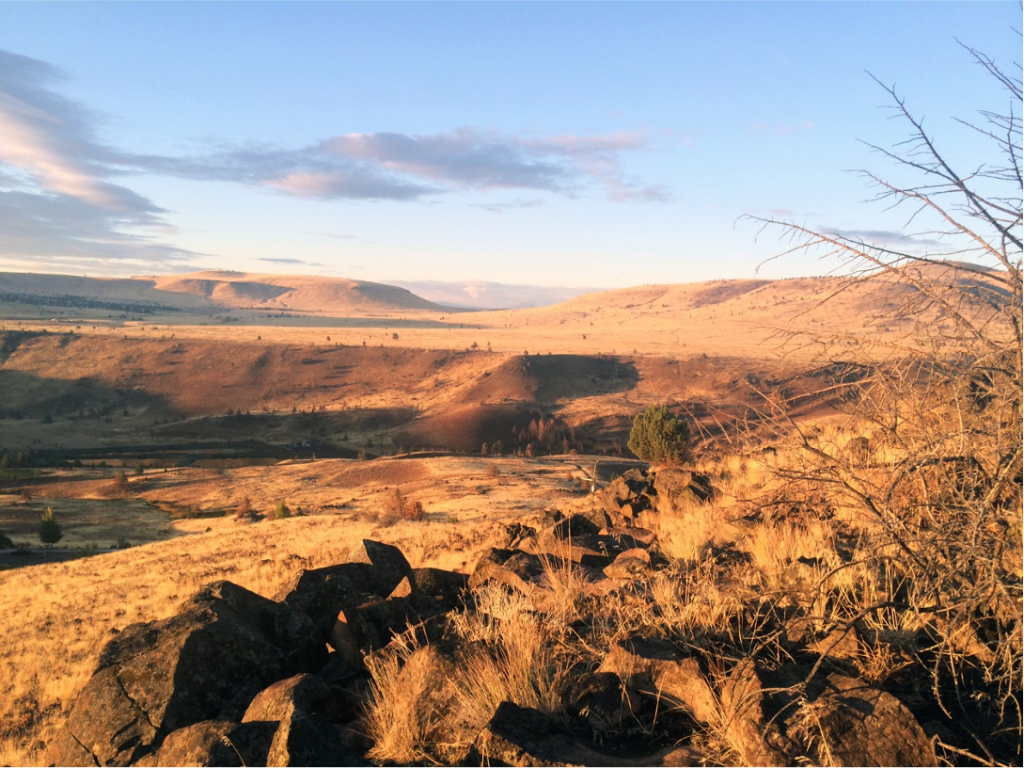
There is a long history of Indigenous peoples’ physical belongings and cultural heritage—from human remains and objects to recordings and photographs—being misappropriated and misused without their consent. Information and data from Indigenous communities has also been misused or collected inaccurately.
To ensure the protection and support of Indigenous information, three University of Oregon professors are creating a research center to support Indigenous knowledge with a focus on data sovereignty and governance with help from an Incubating Interdisciplinary Initiatives seed grant funded by the Office of the Vice President for Research and Innovation and the Environmental Initiative.
Jennifer O’Neal is an assistant professor and director of Undergraduate Studies for Indigenous, Race, and Ethnic Studies at the University of Oregon, and an enrolled member of The Confederated Tribes of Grand Ronde.
She is joined by Ashley Cordes, assistant professor in English and Environmental Studies and an enrolled member of the Coquille Nation, and Kirby Brown, associate professor in English, director of the Native American and Indigenous Studies Program, and an enrolled member of the Cherokee Nation.
They hope the newly established center will increase awareness of proper procedures, guidelines, and ethics to follow when conducting research with Indigenous communities.
“For any knowledge and information coming out of Indigenous communities, Indigenous peoples’ should have the power to protect, control, and manage according to our protocols and ways of knowing,” O’Neal said.
Fixing a Systemic Problem

Since O’Neal arrived at the University of Oregon more than ten years ago, she has seen an increasingly number of faculty members, staff, and students who have sought the advice of Native American and Indigenous faculty on conducting research with tribal communities.
“The number of requests should not just fall to Native faculty whose time and energy are already tightly stretched in their positions,” she said. To O’Neal, it was apparent that the UO research community needed more support, training, and opportunities to engage with tribal communities in ways that are ethical, respectful, reciprocal, and honor Indigenous sovereignty.
A Focus on Relationships, Not Just Research
When engaging in research with Native nations, researchers must honor Indigenous sovereignty by following established tribal protocols beginning with building collaborative relationships with tribal partners where Indigenous ways of knowing, knowledge, needs, and voices are centered. These protocols don’t always align with established practices at non-Indigenous institutions. O’Neal realized that the University of Oregon needed a research center to help bridge this gap. Serving as a hub for multi-disciplinary and collaborative research, the center will focus on transforming institutional practices and frameworks to honor Indigenous sovereignty by upholding the rights of Native nations to control their data about their peoples, land, and resources, with a focus on serving tribes in Oregon and the Pacific Northwest.
The seed grant will fund a year of consultations with tribal communities and faculty members, staff, and students. O’Neal, Cordes, and Brown, as well as a graduate research assistant, will listen to the experiences and lessons learned of tribal members to develop recommendations for future guidelines and possible collaborations. O’Neal’s team will also have similar discussions with UO researchers. She says this “fact-finding year” will help the team identify the barriers and opportunities for implementing institutional change. With that in mind, the research team will use the seed funding as a springboard to apply for additional funding to support the development of the center to eventually develop courses, training, and programming in partnership with and for Indigenous communities.
The coming year is itself a form of research with tribal communities, and O’Neal is approaching it accordingly. With Cordes and Brown, she has already built long-term relationships with many in tribal communities within Oregon—by being members of those communities themselves and by teaching courses and engaging in research with them through sustained partnerships. They compensate tribal members for the consultations to improve and inform best practices at the UO. Through listening sessions this year, the team seeks to directly center the perspectives and needs of the tribal communities to guide the center’s goals—honoring Indigenous sovereignty and ensuring Indigenous voices are always at the center of the research. She hopes, with the help of the center, that other researchers will be able to do the same.
